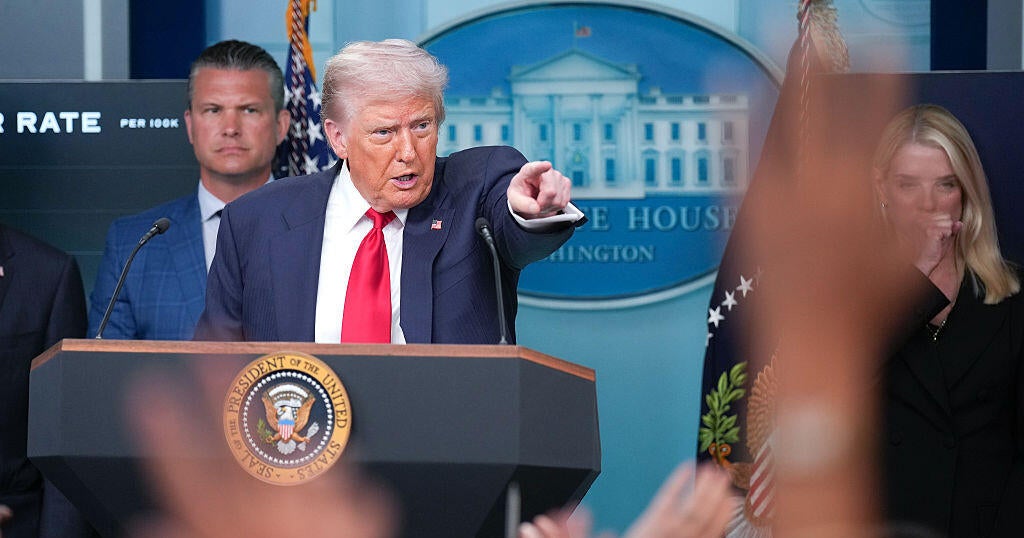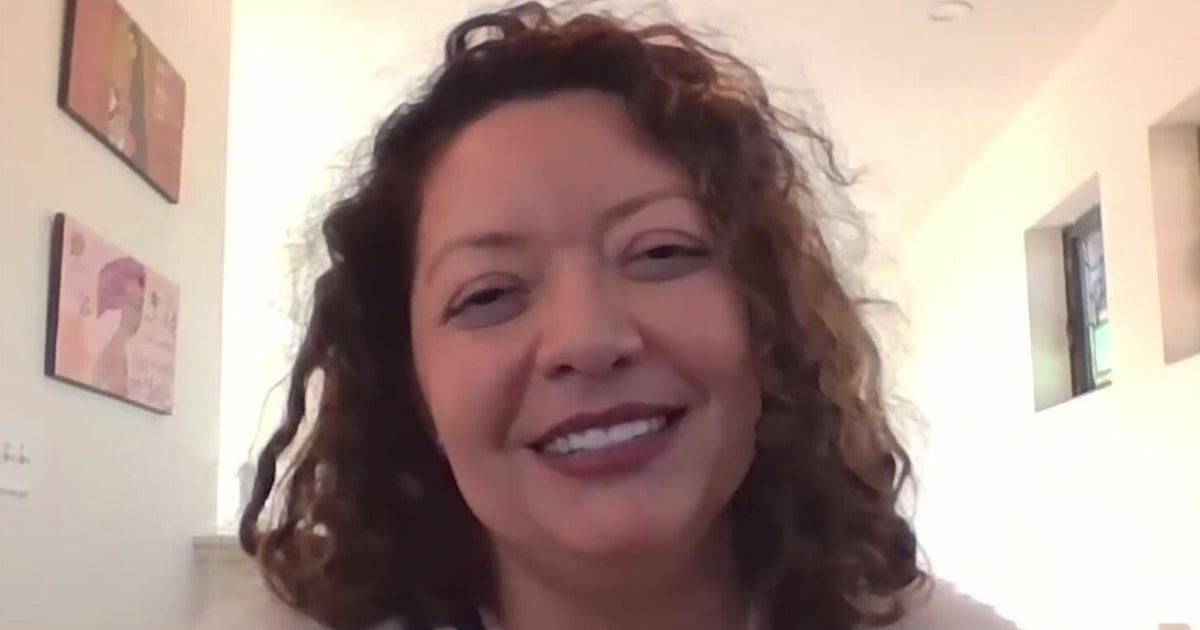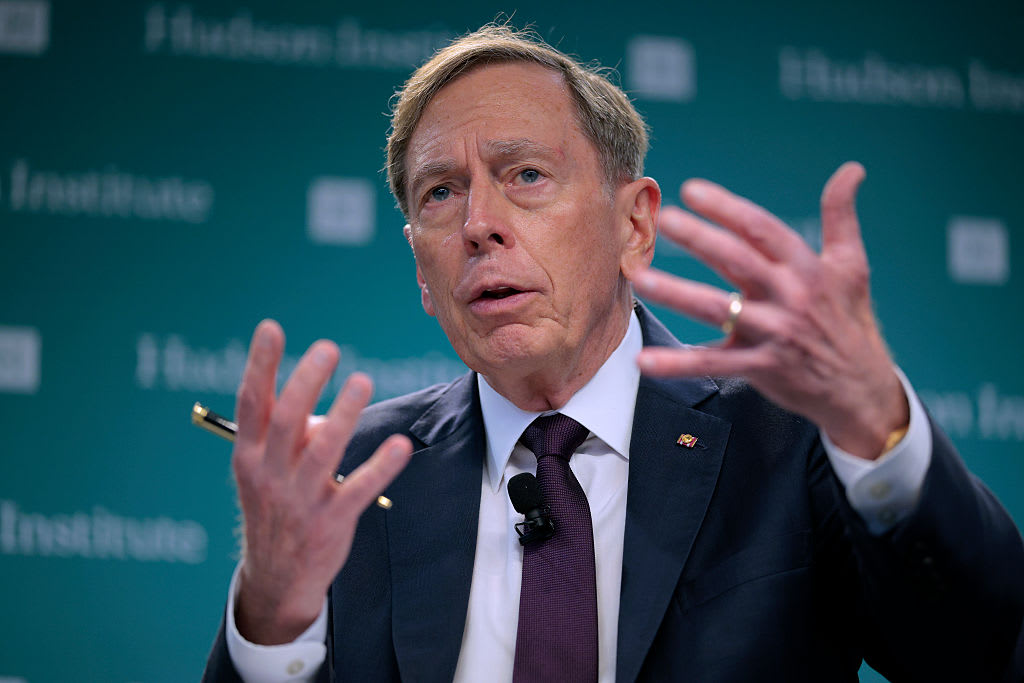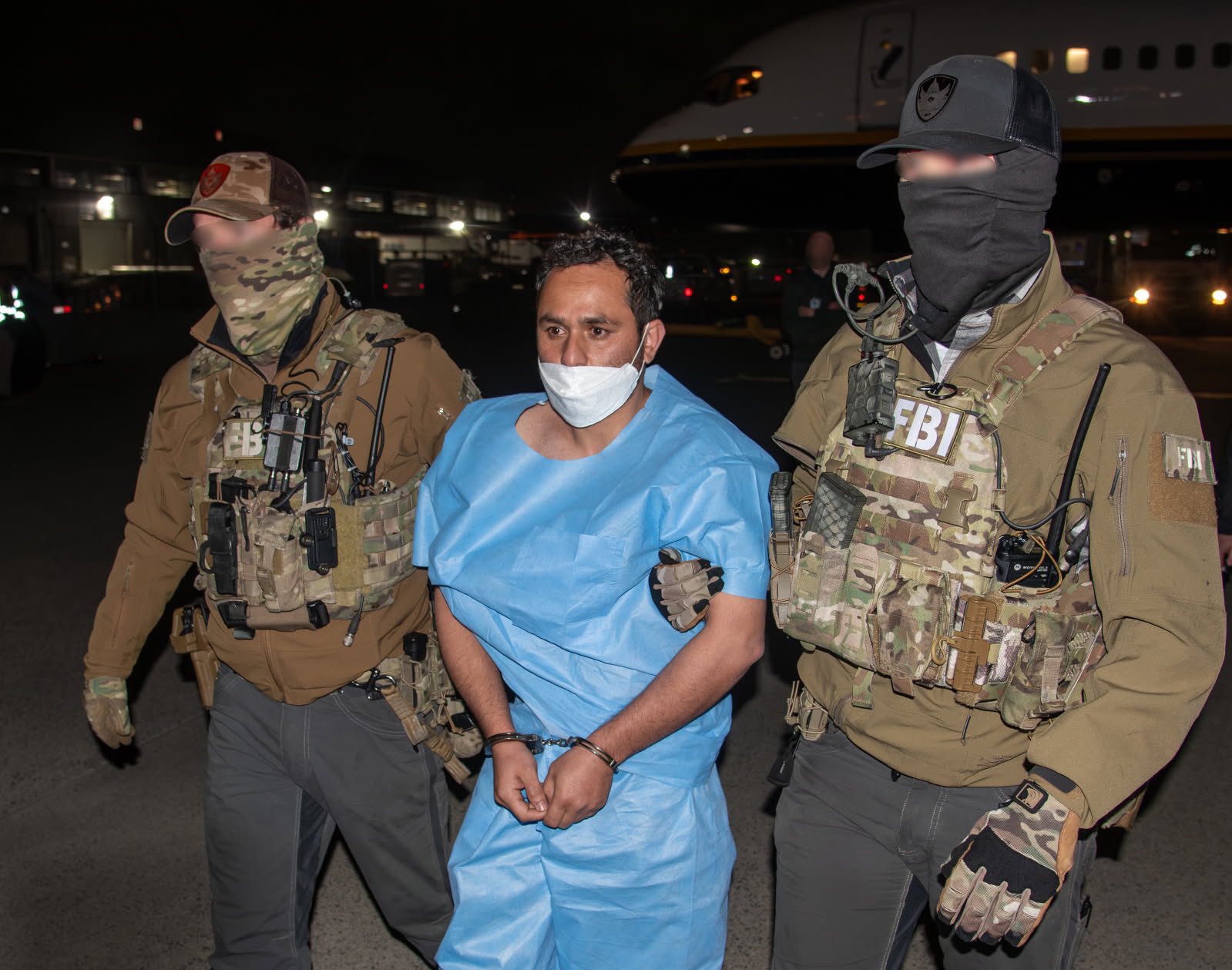Former CIA Director David Petraeus has five "big ideas" to combat Islamic extremism
The U.S. should adopt a policy of "sustained presence" to effectively combat Islamic extremism abroad, says former CIA director and retired General David Petraeus, who led coalition forces in Iraq from 2007 to 2008 and in Afghanistan from 2010 to 2011.
"This is a generational struggle at the least," Petraeus said. "I understand fully why presidents want to end wars rather than to start them, why they want to get out of wars and do nation-building at home."
"But we do have to stay with this," he said. "We need a sustained presence, a sustained commitment."
In an interview with Intelligence Matters host and CBS News senior national security contributor Michael Morell, Petraeus offered four additional "big ideas" intended to frame an effective strategic approach to combatting Islamic extremism.
"The first [idea] is that ungoverned spaces in the Muslim world will be exploited by Islamist extremists," Petraeus told Morell. "The second is you actually have to do something about it."
Petraeus argued that prolonged "study" of the issue and its evolving manifestations had poorly served previous administrations. The problem of extremism, he said, was "not going away."
Third, Petraeus told Morell – it is incumbent on the U.S. to take the lead in any effort. "Our capabilities are so vastly greater than all of our allies put together," he said.
"That's not to say we don't want allies. We do. And we especially want Muslim countries as allies," Petraeus said. "And the Obama and now Trump administrations' efforts to build the anti-I.S.I.S. coalition has been very, very important in this regard."
The fourth big idea, Petraeus said, "is that you cannot counter terrorists, these Islamist extremists, with just counterterrorist force operations."
"You have to do much, much more," he said. "You have to have a comprehensive approach."
Taken alongside the fifth idea – that of a sustained commitment – Petraeus said the U.S. had already "figured out," by virtue of its experiences in Iraq and Syria, how to reduce its own long-term costs while ensuring host nations step up to shoulder most of the burden of rebuilding.
"What we want is for the host nation forces to be doing the fighting on the front lines, to be doing the political reconciliation, to doing the restoration of basic services, the reconstruction, the reestablishment of schools and health clinics and local economies and all the rest of that," Petraeus said. "And what we want to do is train and equip, advise and assist and enable."
"I think those are the five big lessons that we should've learned from this period of very long warfare," Petraeus said. "And they should inform the policy as we go forward."
Parts of Petraeus' suggested framework, however, happen to stand in marked contrast to recent policy decisions made by the Trump administration, which has initiated a troop withdrawal process from Syria and Afghanistan that some have criticized as premature.
The president announced in December that he intended to bring back the approximately 2,000 U.S. forces left in Syria because the ISIS had been "defeated." The abrupt decision prompted the resignation late last year of Secretary of Defense James Mattis. Since then, the publicly known parameters of the withdrawal have evolved via varied and at times conflicting statements from both the Pentagon and the White House. Questions linger about whether some troops may, in fact, remain – and if they do, in what numbers, alongside which allied forces, and for what length of time. Fighting continues in a final swath of territory in Syria being held by the Islamic State.
Mr. Trump has also said he intends to withdraw U.S. forces from Afghanistan after resolving a simmering, nearly two-decade long conflict there. The U.S. has held several rounds of peace talks with the Taliban while largely excluding the Afghan government, steadily stoking its ire. Last week, Hamdullah Mohib, the national security adviser to Afghanistan's president, sharply criticized the U.S. approach to date and accused the Trump administration's envoy, Zalmay Khalilzad, of harboring secret ambitions to lead an interim Afghan government. Prospects for a negotiated peace appear to remain in flux.
For his part, Petraeus stressed the need for approaches "that can be sustained for a generation."
"In other words, they're sustainable in terms of the expenditure of blood and treasure. And I believe that is possible," he said. "I think we have figured out how to do that. We have achieved that in Iraq. We have done that in Syria."
"Doesn't mean that we can go home," he said.
For much more from Michael Morell's conversation with David Petraeus – you can listen to the new episode and subscribe to Intelligence Matters here.






